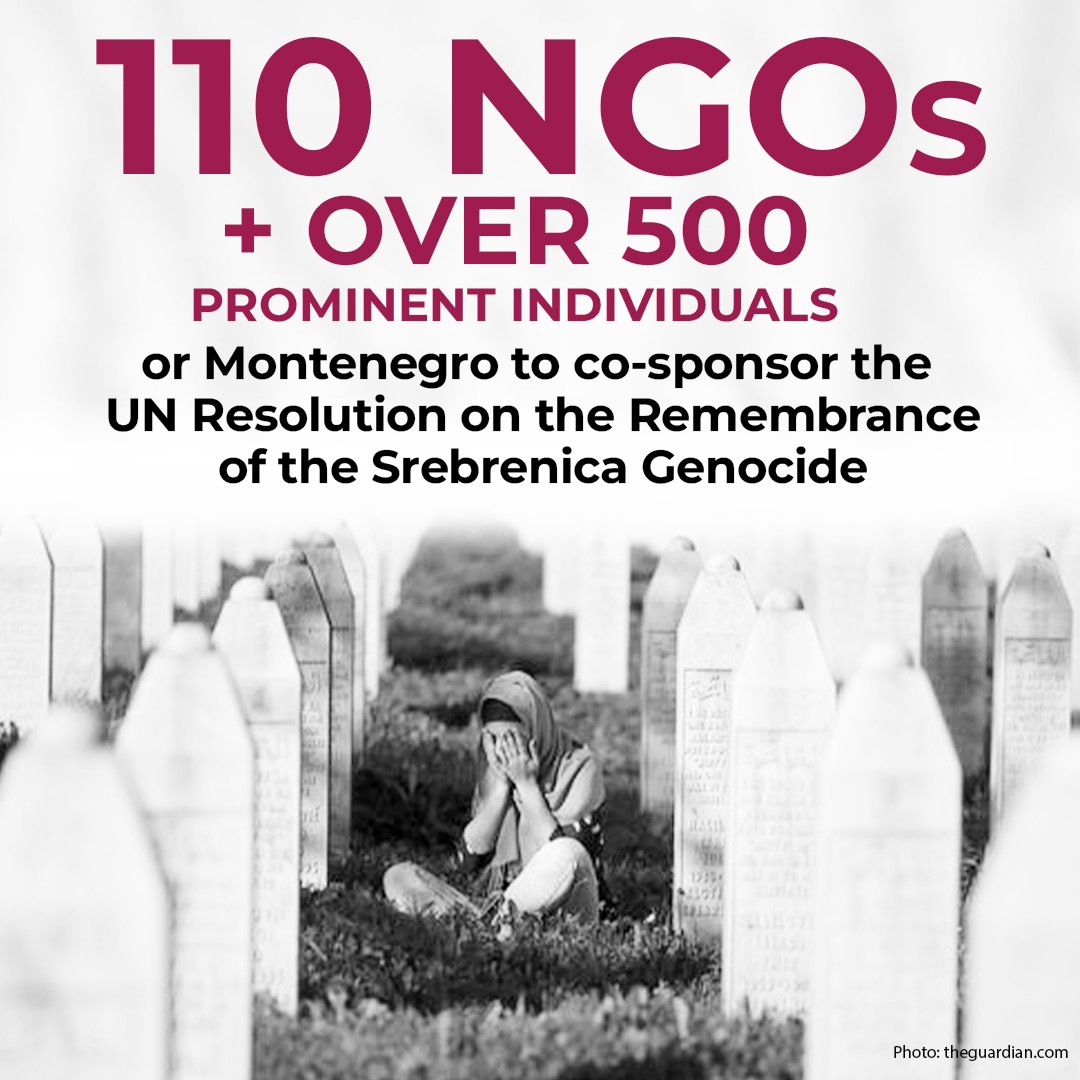
The Initiative of 110 NGOs and over 500 prominent individuals for Montenegro to co-sponsor the UN Resolution on the Remembrance of the Srebrenica Genocide
21/05/2024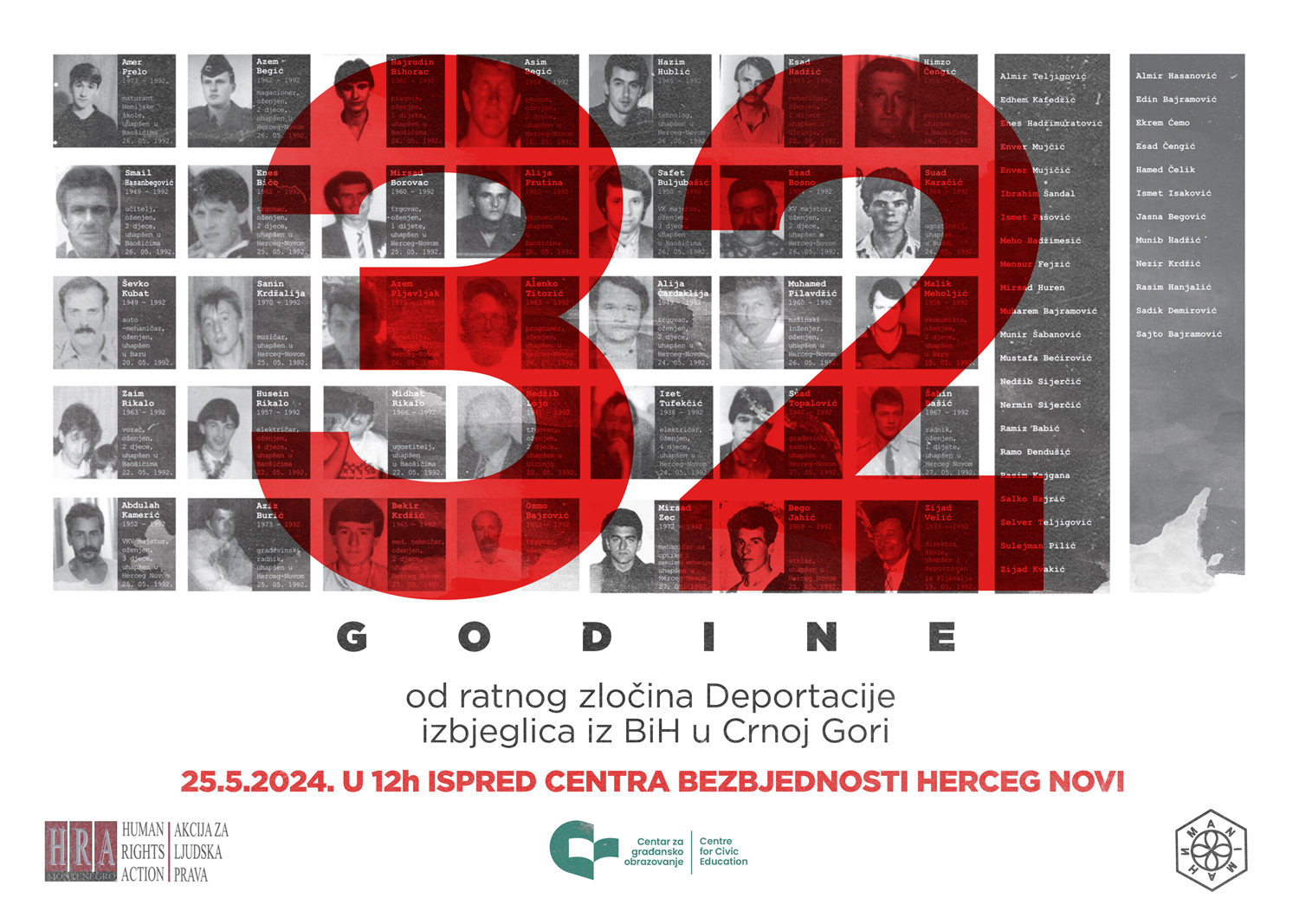
32 years since the crime of Deportation of refugees – invitation to memorial gathering
24/05/2024A PUBLIC OPINION SURVEY CONDUCTED IN HERCEG NOVI SHOWS THAT CITIZENS DO NOT KNOW THE FACTS ABOUT THE WAR CRIME ‘DEPORTATION OF REFUGEES’ AND THAT MOST OF THEM HAVE NEUTRAL FEELINGS ABOUT THE FUTURE MONUMENT
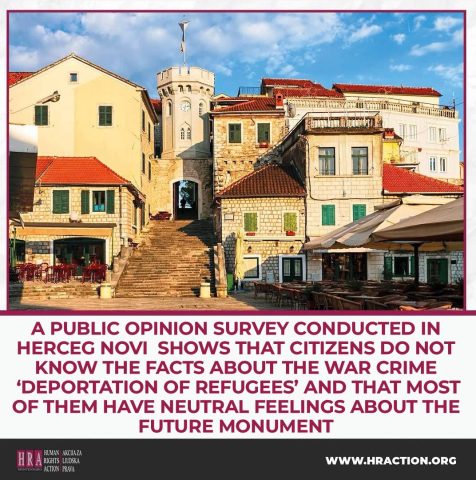
Citizens of Herceg Novi do not possess sufficient information about the war crime of deportation of refugees from Bosnia and Herzegovina of May 1992, or court judgments regarding the unfortunate event. Those who are informed, see the above action as inhumane, unjust and even treacherous.
It is encouraging that as many as 77% of the respondents recognise the importance of including lessons on war crimes and other serious violations of human rights in the educational system of Montenegro, while almost a half of them (47.8%) agree that it is important to mark the locations of all war crimes so that they are not repeated in the future.
When it comes to the erection of a monument to the victims of the deportation of Bosnia and Herzegovina refugees in front of the Security Centre in Herceg Novi, opinions are divided; consequently, there are slightly more supporters (33.2%) than opponents of such an initiative (30%), while the majority of the population remains neutral (36.6%), i.e. has no opinion because they believe they are not sufficiently informed.
The absence of facts about this war crime in the formal education system, much misinformation and the wave of negative historical revisionism in Montenegro have resulted in the extremely alarming fact that a third of the respondents believe that the deportation was completely or partially justified, 29.4% that was completely justified, and 3.8% that it was partially justified. Only a fifth of the surveyed citizens (19.5%) clearly expressed the view that the deportation was not justified. Almost half of the respondents (47.3%) believe that they do not have enough information to make a decision about this issue.
This is also confirmed by the fact that older citizens of Herceg Novi, especially those over 65 years of age (90.8%), are best informed about the war crime. They know that the deported refugees were civilians (58.2%), they have personally met a victim of deportation or a family member of someone who was deported (17.7%) and they support erecting a monument in front of the Security Centre in Herceg Novi (47.1%).
This is a brief summary of what was shown by the public opinion survey conducted from 11 to 18 May this year by the agency DAMAR for the needs of the NGO Human Rights Action (HRA), on a representative sample of adult residents of the municipality of Herceg Novi. The goal of the HRA’s survey was to find out what the citizens of Herceg Novi think about the war crime known as the ‘Deportation of Refugees’, and about their willingness to support the erection of a monument to the victims in front of the Security Centre in Herceg Novi.
As a reminder, in May and June 1992, the Montenegrin police unlawfully arrested at least 66 Muslims from Bosnia and Herzegovina who had fled to Montenegro from the war in BiH, and delivered them to (to them) the enemy army of the Serbian Republic in the territory of BiH, which executed most of them. Only 12 persons managed to survive in concentration camps. Besides the Muslims from BiH, 33 refugees from BiH of Serbian nationality were also arrested in the territory of Montenegro and returned to the Republic of Srpska for mobilisation. Unlike the Muslim refugees, the deported Serb refugees were not treated as hostages, nor is there any information that any of them died as a result of the immediate consequences of the deportation.
Most of the arrested refugees were brought to the Security Centre in Herceg Novi, which served as a gathering centre. From that location, on 25 May they were transported by bus to the KPD Foča concentration camp, and on May 27 to an unspecified location in eastern BiH, in the territory of the then Serbian Republic (subsequently named Republic of Srpska). All the Muslims that were deported by bus on 27 May 1992 were probably killed the same day, their bodies thrown into river Drina. There are still some victims whose remains were never found. Other Muslim refugees were also arrested at the end of May 1992 in Bar, Podgorica, or in the area near the border with BiH, and individually deported directly to the camp in Foča or handed over to agents of the Republic of Srpska. No one has heard of them since.
Although only 3.2% of the respondents said that they are not aware of the facts regarding the deportation, more than half do not know that the deported refugees were civilians (52.5%), while almost half (47.3%) do not have enough information to form an opinion on whether the action was justified or not, which also affects the highest individual percentage of respondents who are neutral (36.6%), i.e. do not have an opinion as to whether a monument to the victims of deportation in front of Security Centre in Herceg Novi should be erected or not.
Wanting to fulfil the wishes of the families of the victims of refugees, some of whom are still searching for the remains of their loved ones, the HRA, the Centre for Civic Education (CGO), the Centre for Women’s and Peace Education – ANIMA and human rights activist Aleksandar Saša Zeković have been insisting on a monument to the victims of deportation since 2011.
To build a memorial, local self-government must adopt a programme proposal for erecting the memorial and send it to the Ministry of Culture and Media for approval.
In 2015, the president of the Herceg Novi Municipal Assembly, Dejan Mandić, announced that Herceg Novi was not ready to support the initiative to erect a memorial to the victims of Deportation. That year, the initiative was put to the vote, but it did not receive the required majority. Most councillors abstained (DPS, Izbor, Novska lista) or were absent (SNP, Demokrats Club). SDP councillors Dragan Šimrak and Milica Berberović voted in favour of the initiative, as did Jovana Šijaković, a councillor from the civic list Izbor.
We reiterated the initiative every year at memorial gatherings that were organised on 25 May in front of the building of the Herceg Novi Security Centre, and we also submitted it individually to all councillors.
This year, together with the Bosniak council, we submitted the initiative to the president of the municipality of Herceg Novi Stevan Katić, president of the Municipal Assembly Ivan Otović, and to all the councillors in the local parliament of HN. We have not received a response from any of them to date.
The Council for Citizen Control of Police Work, too, once again invited the President of the Herceg Novi Municipal Assembly, Ivan Otović, to advocate for the erection of a monument to the victims of deportation. For two years now, Otović has not answered the Council’s questions as to whether the Herceg Novi Municipal Assembly made a statement about the inclusion of this initiative in the Programme for Erecting Memorials and what the outcome was.
This survey was conducted with the help of the EU Support to Confidence Building in the Western Balkans project, funded by the European Union and implemented by the United Nations Development Program (UNDP). The content of this survey is the exclusive responsibility of the Human Rights Action and does not necessarily reflect the views of the European Union or UNDP.
You can learn more about this case in the following HRA publications:
- “Against Forgetting – Statements of Witnesses in War Crimes Trials”
- “Implementation of the War Crimes Investigation Strategy of the State Prosecutor’s Office of Montenegro (2015-2021)”
- “War Crime Trials in Montenegro (2009-2015)”
- “Compensation for Damages to Victims of War Crimes in Montenegro”
as well as in the publication of the Centre for Civic Education, which contains the indictment and verdicts from the criminal proceedings: “The Process of Dealing with the Past in Montenegro – The ‘Deportation’ Case” and the book “Lethal Freedom” by Šeki Radončić, published by the Humanitarian Law Fund from Belgrade in 2005.



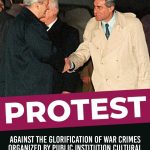
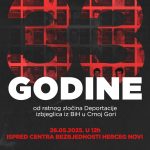

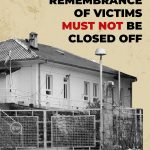
 English
English